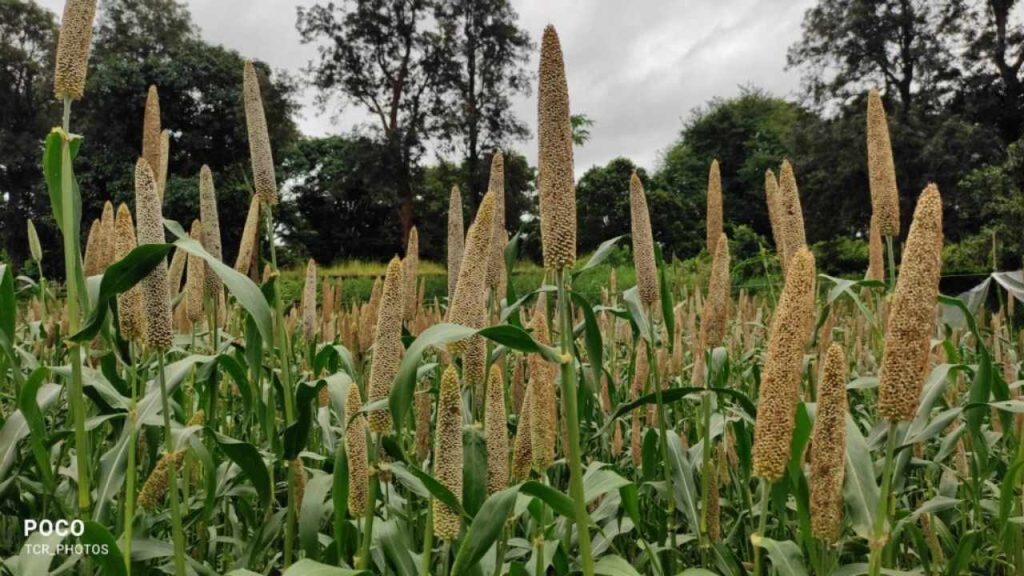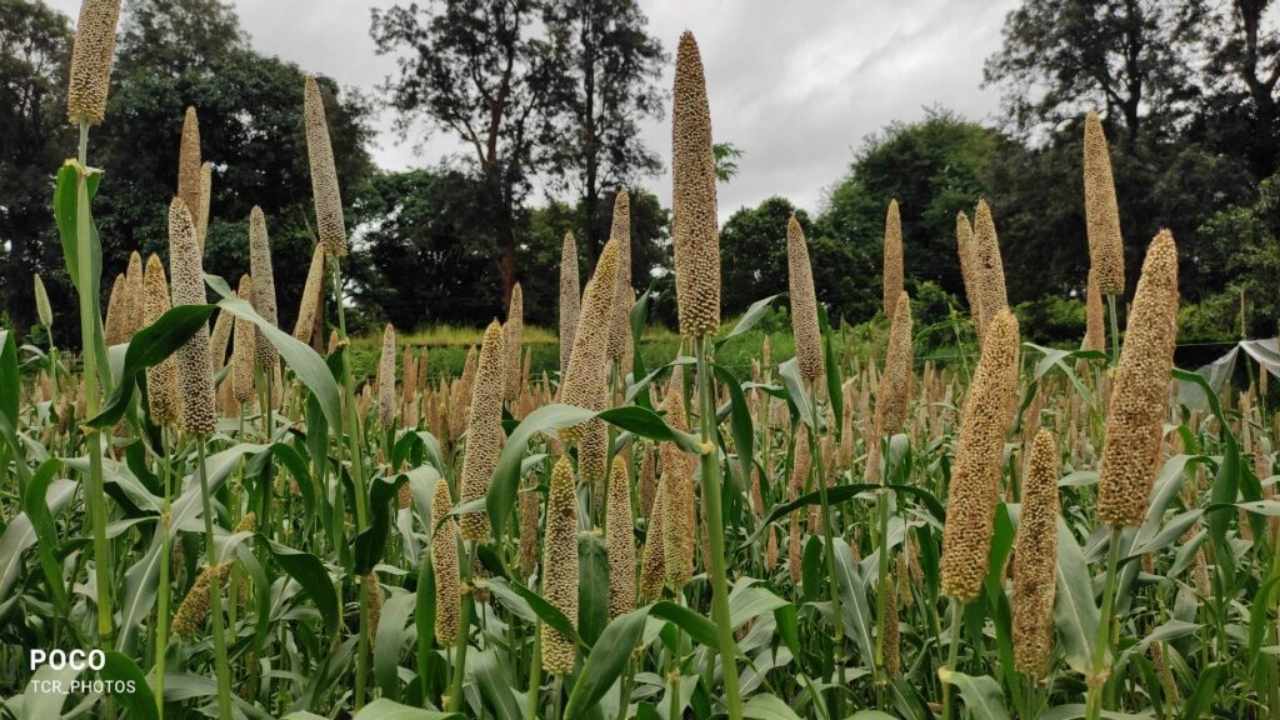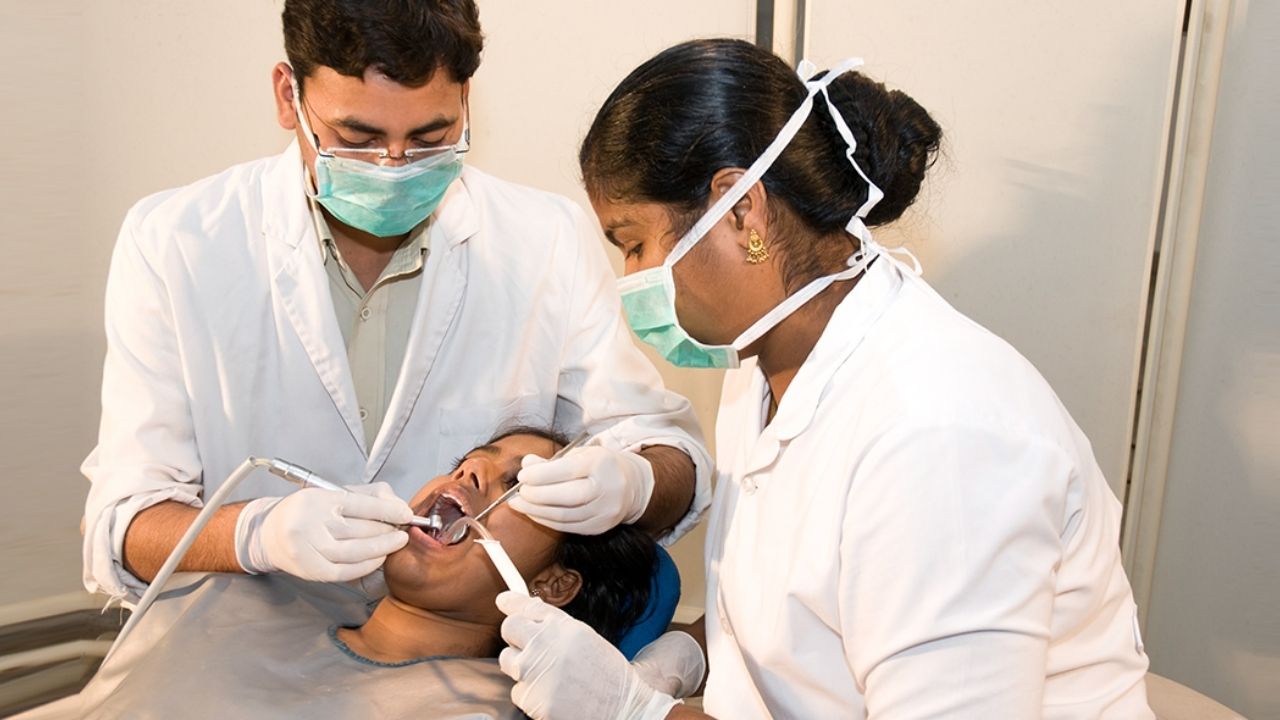KORAPUT, ODISHA – An official investigation in the Koraput district of the eastern Indian state of Odisha has exposed a significant millet distribution fraud, where subsidized grains intended for thousands of vulnerable tribal beneficiaries were systematically diverted. The scheme’s failure, uncovered in late 2024, has ignited outrage and raised serious questions about corruption within India’s vast food welfare network.

Millet Distribution Fraud Exposed in Koraput
| Key Fact | Details |
| What Happened | Subsidized millets (ragi) were allegedly diverted and never reached intended tribal beneficiaries. District Administration Reports |
| Who Is Affected | Thousands of families from tribal communities in at least four administrative blocks of Koraput. |
| Scheme Involved | The Odisha Millets Mission (OMM), integrated with the national Public Distribution System (PDS). Odisha Millets Mission Official Website |
| Current Status | A formal inquiry is underway, with several low-level officials suspended. |
Allegations of Systematic Diversion
The scandal came to light after beneficiaries in Narayanpatna, Laxmipur, Bandhugaon, and Dasmantpur blocks of Koraput district consistently reported not receiving their monthly allotment of ragi, or finger millet. Under the state’s Public Distribution System (PDS), each family holding a ration card is entitled to receive rice and, in designated areas like Koraput, a supplementary quantity of ragi at a highly subsidized rate of ₹1 (approximately 1.2 U.S. cents) per kilogram.
Initial inquiries by the district administration revealed significant discrepancies between official records and the reality on the ground. According to sources within the district civil supplies office, records showed full disbursement, but physical verification confirmed that the millet stocks never reached many of the designated fair price shops from which beneficiaries collect their rations.
“The records were manipulated to show 100% distribution,” a senior official in the state’s Food Supplies & Consumer Welfare Department told The Hindu, speaking on condition of anonymity. “It appears the stock was diverted from warehouses directly into the open market, where it fetches a much higher price.”
The alleged millet distribution fraud points to a sophisticated operation involving collusion between transport agents, warehouse managers, and potentially some local distribution agents.
The Human Cost for Tribal Communities
For the region’s predominantly tribal population, the missing grain is more than a lost subsidy; it’s a blow to their food and nutritional security. Koraput is a key district under the Odisha Millets Mission (OMM), a pioneering state initiative launched in 2017 to revive millet cultivation and consumption. Millets like ragi are culturally significant and nutritionally superior to rice, rich in calcium, iron, and fiber.
“Ragi is our ancestral food. It gives us strength to work in the hills,” said Kamala Muduli, a resident of Narayanpatna block, in an interview with a local news channel. “For three months, we only received rice. When we asked the dealer, he said the millet stock had not arrived. We are poor people; we cannot afford to buy ragi from the market.”
The OMM was designed specifically to support farmers and consumers in regions like Koraput, creating a closed-loop system where the government procures millet from local tribal farmers and redistributes it to tribal communities through the PDS. The breakdown of this system not only deprives beneficiaries but also risks eroding farmer trust in the procurement program.
Unraveling the Millet Distribution Fraud: Official Response and Systemic Flaws
In response to the growing outcry, the Koraput District Collector, Anupam Saha, has launched a full-scale investigation. Several officials at the block level have been suspended pending the inquiry’s outcome.
“We are committed to a transparent investigation and will take the strictest action against anyone found guilty,” Saha stated at a press conference. “Our immediate priority is to rectify the distribution process and ensure that all beneficiaries receive their rightful entitlements without delay.”
However, activists argue that suspensions of low-level functionaries are not enough. “This is not the work of a few individuals; it points to a systemic rot,” said Sharanya Nayak, a food rights activist based in Odisha. “The PDS is notoriously leaky. The introduction of technology like Aadhaar-based biometric authentication was meant to plug these gaps, but this case shows that physical diversion of stock before it reaches the final distribution point remains a major vulnerability.”

This scandal highlights the persistent challenges facing India’s public distribution system, the largest food subsidy network in the world. While the system is a lifeline for over 800 million people, it has long been plagued by issues of corruption, leakage, and inefficiency. The Koraput case serves as a stark reminder that even well-intentioned programs like the Odisha Millets Mission can be undermined without robust, multi-layered oversight and accountability.
The state government is now reportedly considering implementing GPS tracking on all vehicles transporting PDS commodities and installing CCTV cameras at key warehouses to prevent future diversions. The future of the millet scheme, and the food security of millions, may depend on the success of these reforms.
Ramesh Majhi Arrested for Alleged ₹20 Crore Gold Investment Fraud in Odisha
E-KYC Mandatory for Odisha Farmers to Continue Receiving Scheme Aid; Deadline Looms.
Anil Ambani’s Reliance Group Faces ED Investigation Over Fake Bank Guarantee Allegations
FAQ
What is the Odisha Millets Mission (OMM)?
The Odisha Millets Mission is a state-led agricultural program launched in 2017 to revive the cultivation and consumption of millets. It aims to improve the nutrition of tribal communities and provide a stable market for small-scale farmers growing these climate-resilient crops.
Why are millets like ragi important for tribal communities?
Millets are traditional staple foods for many of India’s indigenous or tribal communities. They are highly nutritious, drought-resistant, and well-suited to the agricultural conditions of regions like Koraput. Their revival is seen as key to combating malnutrition.
What is the Public Distribution System (PDS) in India?
The PDS is a government-sponsored program that provides subsidized food grains and other essential commodities to the country’s poor. Beneficiaries use a ration card to purchase these items from designated fair price shops. It is a cornerstone of India’s food security policy.





